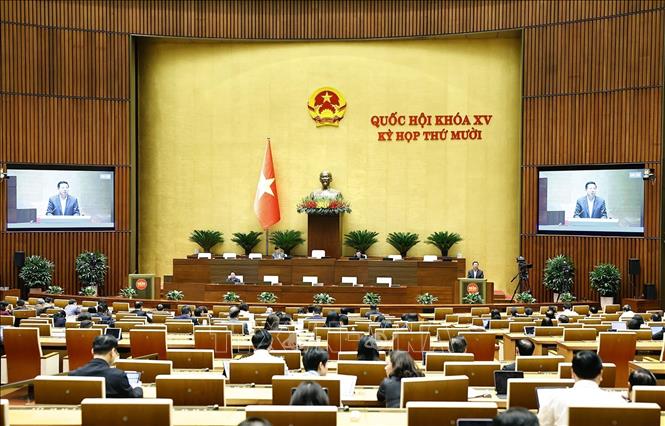
Discussing on the sidelines of the National Assembly, some delegates said that ensuring consistency between planning levels, boldly decentralizing to localities, and cutting administrative procedures are key solutions to overcome the situation of "suspended planning", promoting socio-economic development and improving the effectiveness of the legal system on planning.
Regarding the solution to ensure consistency between the Law on Planning (amended) and related laws, Delegate Tran Anh Tuan ( Ho Chi Minh City Delegation) said that the current planning system includes many different levels such as national planning, national land use planning, marine planning, regional planning, provincial planning... and these levels have a close relationship with each other.
According to the delegates, lower-level planning must comply with and be consistent with the higher-level planning; at the same time, it is necessary to avoid duplication of content with previously issued and implemented planning. Delegate Tran Anh Tuan emphasized that reviewing and comparing to ensure consistency, synchronization and tightness between planning levels is a very important step, helping the later implementation process to be more favorable, improving the effectiveness and efficiency of planning laws.
Regarding the issue of "suspended laws" and "suspended projects" in many localities, delegate Tran Anh Tuan stated that to overcome this situation, the planning process must begin with reviewing and correctly assessing practical requirements, ensuring consistency with the socio-economic development strategy of the country, region, industry and each locality.
Delegates believe that it is necessary to clearly define the viewpoints and development orientations: which areas are urban, which are rural, which areas serve specific industries and fields; as well as clearly distinguishing land types such as production land, urban land, agricultural land, etc. When these contents are clarified, old and inappropriate planning parts will have to be boldly adjusted or eliminated.
According to delegate Tran Anh Tuan, adjusting according to the development strategy will help reduce inappropriate projects, minimize the situation of suspended planning after each adjustment, and at the same time better meet the needs and aspirations of the people.
Referring to further proposals to make the Law on Planning (amended) more effective, helping to free up resources and build a unified, streamlined planning system, delegate Tran Anh Tuan said that decentralizing planning approval authority to localities as it is now is appropriate. This approach is more closely aligned with the development practices of each province and city; at the same time, it creates conditions for necessary adjustments to be made more quickly and flexibly.
The delegate also noted that after the process of merging administrative units, the wider development space causes neighboring localities to have interactions in both economic and social life, so it is necessary to consider relevant legal regulations to support the implementation of inter-regional projects; for example, it is possible to allow the use of the common budget of provinces and cities to implement these projects.
Delegate Tran Anh Tuan emphasized: If the law on planning clearly shows decentralization to local authorities and related laws are also adjusted in a similar direction, the process of mobilizing resources and implementing planning in the coming time will be more favorable, and the effectiveness and efficiency of the legal system on planning will also be improved.
Regarding the Law on Urban and Rural Planning, delegate Nguyen Truc Anh (Hanoi Delegation) said that the bright spot of this Law is the strong decentralization and delegation of power to two-level local authorities, in line with the current management model.
According to him, decentralization and delegation of power to provinces and cities to continue decentralization to commune level in planning contents, especially detailed planning, zoning planning and zoning plans, is an important step forward. The delegate also commented: This is a new point suitable in the context of the requirement to promote public investment disbursement, promote socio-economic development and reduce administrative procedures; at the same time, it helps the two-level government to be closer to the people and directly handle work more effectively.
Delegate Nguyen Truc Anh said that the draft Law aims to reduce and simplify administrative procedures and shorten the planning process from three levels to two levels, which is a mandatory requirement according to Resolution 66 of the Central Committee. According to the delegate, the two-level government has many advantages, but to promote efficiency, on the one hand, it is necessary to strongly decentralize and delegate power to localities, and on the other hand, it is necessary to minimize unnecessary procedures.
Delegates believe that there are still many administrative barriers that are no longer appropriate in the context of having established a centralized database from authentication procedures, civil status, personal legal status to birth and death registration... When the data is centralized, many lengthy procedures can be simplified into one step, and can even be assigned to the commune level to be responsible or socialized through notary offices.
The delegate emphasized that if decentralization and procedure simplification are promoted in the direction of staying close to the people and effectively mobilizing "grassroots" staff, the two-level government will operate more effectively and efficiently.
Source: https://baotintuc.vn/thoi-su/tang-phan-cap-siet-lien-ket-vung-de-giam-quy-hoach-treo-20251128171706056.htm








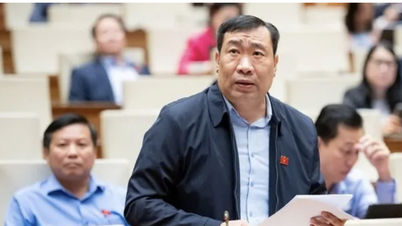





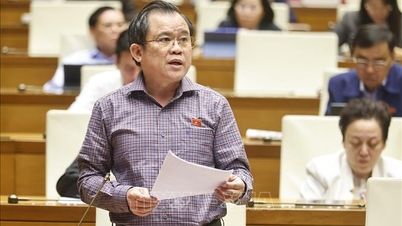

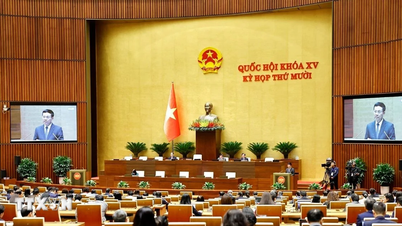




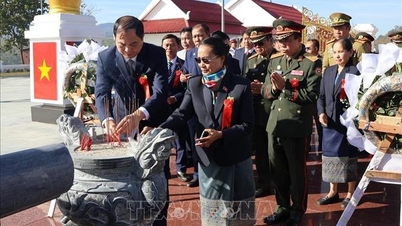
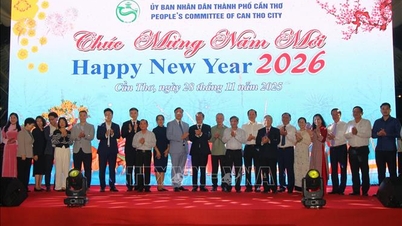
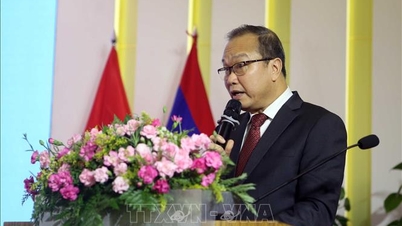
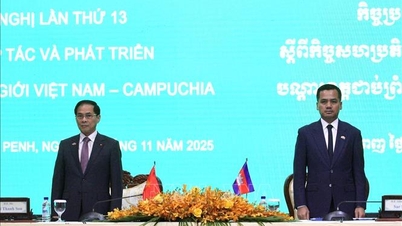





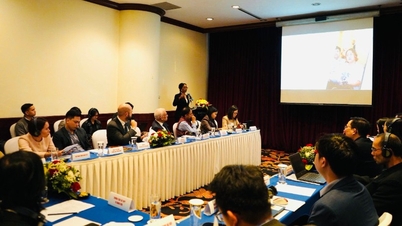



























































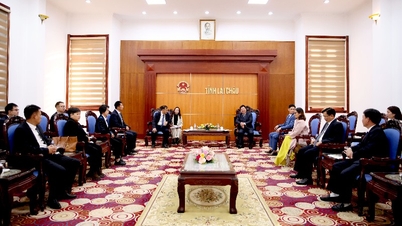

















Comment (0)